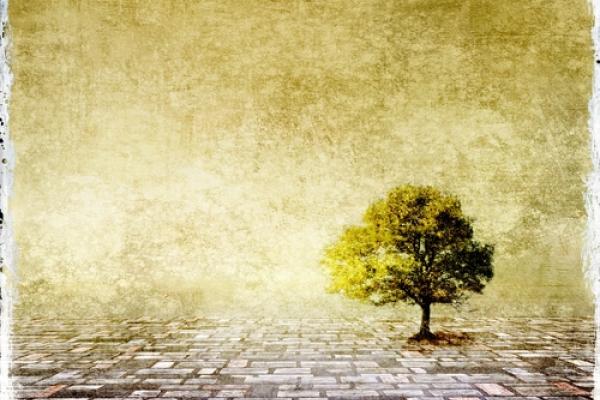When people talk about the fall of humanity in the Jewish Genesis story, we never talk much about the Tree of Life. The Tree of the Knowledge of Good and Evil gets all the headlines and sermons because that’s the one that’s supposed to define us. That’s what we see, when we look around at humanity: The Fall, and a lot of evil triumphing over good.
Martin Luther, the father of Protestant churches, “was once asked what God was doing before the creation of the world,” according to German Lutheran theologian Dietrich Bonhoeffer. “His answer was that he was cutting canes for people who ask such useless questions.”
Who says you can’t offer a doctrine of abundant grace with a bit of sarcastic wit? For Bonhoeffer, this was really a question of why. Why did God create? What was going on, such that God decided to make a world? As Bonhoeffer saw it, this is a question rooted in guilt, shame, and fear. It’s really asking: What did God want of the world? What did God make me for? Am I living up to it? Am I accepted? It’s a question falling from the Tree of the Knowledge of Good and Evil, not the Tree of Life.
Read the Full Article

